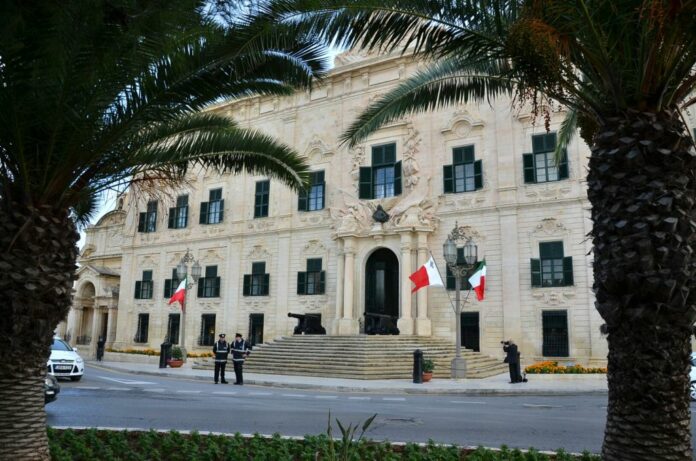

The international credit rating agency Fitch in its report declared that the Maltese financial banks are not in any immediate risk following the recent international turmoil in the banking sector. It emphasized the “exceptionally strong” level of liquidity, remarking also that by the end of the thrd quarter of 2022, Malta had the highest liquidity ratio. The ratio measures the share of assets held by financial institutions that can be sold quickly with little or no loss to their value. Malta’s A+ credit rating was confirmed by Fitch with a stable outlook, saying the country’s high per-capita income and track record of growth and debt reduction stand it to prosper. It said that Malta will be well positioned to reduce public debt in the medium- to long-term without slashing expenditure or hiking taxes, if it can grow the economy at a steady 3-4% per year. Malta’s economy grew by 6.9% in real terms last year, mainly through the importation of aircraft material.cOnline gaming, information and technology and professional services were key sectors driving economic growth in 2022. By contrast, the construction sector contracted quite sharply. Inflation levels remained relatively under control when compared to other EU countries while unemployment “reached a new record low of 2.9%”. Fitch believes the Maltese economy will grow by 3.5% this year, rising to 3.7% in 2024. Fitch is of the opinion that the Maltese government achieved a 5.8% deficit in 2022, down from 7.5% the previous year, and expects the government to close 2023 with a 5.4% deficit. While Malta has been cushioned from the impact of energy inflation due to government subisidies on electricity and fuel prices, the agency declared its concern that the lack of a “clear exit strategy” for the government to end energy and fuel subsidies creates fiscal risks for the government, as it is at the mercy of international energy prices. Debt has risen by around 15 percentage points since 2019 and Fitch expects it to peak at just below 60% of GDP by 2024. The agency said that it would consider downgrading Malta if government debt continued on a clear upward trend or if it found evidence of further deterioration in governance or banking supervision, or concerns of a lack of transparency across the broader financial sector.
Photo Credits: www.agenziafotogramma.it












